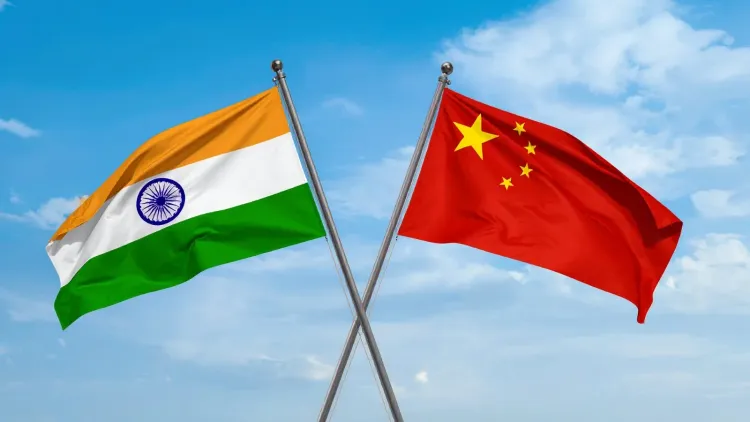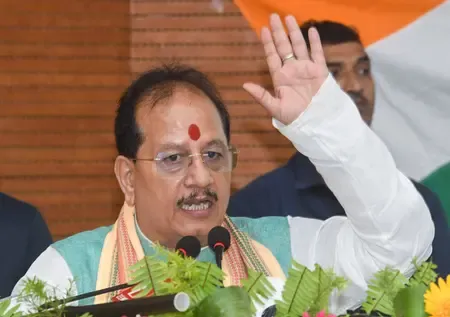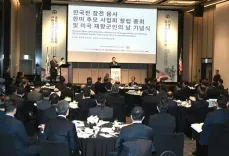Will India and China Soon Resume Direct Flights?

Synopsis
Key Takeaways
- Direct flights between India and China are set to resume soon.
- Discussions on trade issues are underway.
- The Kailash Manasarovar Yatra is resuming after five years.
- Both nations aim to stabilize and rebuild bilateral relations.
- Cooperation in trans-border river management is a priority.
New Delhi, June 13 (NationPress) India and China have come to a consensus to accelerate efforts aimed at reinstating direct air travel between the two nations while also initiating discussions to address trade concerns.
This significant decision emerged from a high-level dialogue involving Indian Foreign Secretary Vikram Misri and Chinese Vice Foreign Minister Sun Weidong, who is in New Delhi for a two-day visit from June 12 to June 13.
According to a statement from the Ministry of External Affairs, the Foreign Secretary expressed optimism for the swift conclusion of an updated Air Services Agreement. Both parties also committed to practical measures for enhancing visa facilitation and fostering exchanges between media and think tanks.
The two nations have resolved to engage in various functional dialogues, particularly in economic and trade sectors, to deliberate and resolve specific concerns, as stated in the announcement.
During the meeting, they reviewed the progress of India-China bilateral relations since their last encounter in Beijing on January 27. They agreed to prioritize stabilizing and rebuilding connections with a focus on people-centric engagements.
Foreign Secretary Misri acknowledged the cooperation from the Chinese side regarding the resumption of the Kailash Manasarovar Yatra this year. He highlighted discussions from the April meeting of the Expert Level Mechanism concerning cooperation in trans-border rivers for the resumption of hydrological data sharing and other collaborative efforts.
Both countries positively evaluated planned activities in celebration of the 75th anniversary of their diplomatic relations and agreed to facilitate these initiatives.
This month marks the resumption of the Kailash Mansarovar Yatra after a five-year hiatus, with the first batch of 750 pilgrims set to depart for the sacred destination. This development is viewed as a constructive move towards mending India-China relations, which have faced challenges due to prolonged military tensions in Ladakh. The resumption of the yatra and ongoing dialogues with China follow a period of easing border tensions.
Additionally, Foreign Secretary Misri visited Beijing in January this year as part of ongoing efforts to enhance diplomatic relations between these two prominent Asian nations.









